Keywords: Feminist
There are more than 200 results, only the first 200 are displayed here.
-

AUSTRALIA
- Catherine Marshall
- 03 July 2015
25 Comments
British student Hanna Yusuf declared her hijab to be not an instrument of oppression but rather a feminist statement: 'In a world where a woman’s value is often reduced to her sexual allure, what could be more empowering than rejecting that notion?' But reducing a woman to her sexual allure is precisely what the hijab does.
READ MORE 
-
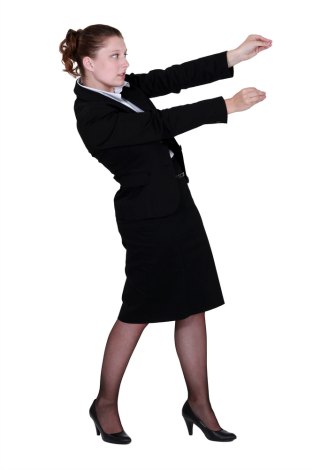
ARTS AND CULTURE
- Ellena Savage
- 19 June 2015
13 Comments
I have a friend who tells me she loves seeing what she terms 'mediocre women' at the top of their fields, especially in public, because it shows that feminism is working. Some women have made a success of themselves as men have always done, through acquiring privilege and seizing opportunities with a sense of entitlement, rather than by the myths of brilliance and sacrifice. I like this perspective.
READ MORE 
-

'We were told to 'believe' that God could perform miracles, but this was a false lead in terms of what we now know about sacred discourse in the holy lands. This literalism was used against other religions to prove the supremacy of Christianity, but ironically it is what turned the majority of Europeans and Australians off religion as education has swept through Western nations in recent times.' David Tacey reflects on faith and belief. Andrew Hamilton replies.
READ MORE
-

AUSTRALIA
- Gerry O'Hanlon
- 27 May 2015
56 Comments
Archbishop Martin voted no in the gay marriage referendum. But after the result, he says the Church needs ‘a reality check across the board’, and that means more than a new language. When Church teaching is invoked to bar women from office, to forbid contraception and condemn homosexual relations as intrinsically disordered in a way that conflicts with the ‘sense of the faithful’ of so many of the baptised, then the Church, despite the many wise things it has to say, loses credibility.
READ MORE 
-

- Maureen O'Brien
- 11 May 2015
An eye-opener in the recent ABC TV Compass program on women in church leadership was how willing two leading Australian Catholic women, Kristina Keneally and Sr Trish Madigan, were in using the 'ordination' word and seeing women's ordination as an essential part of equality in church governance. All indications are that Pope Francis doesn't share their view and nowhere more so than when he wrote in his Apostolic Exhortation, The Joy of the Gospel, that 'The reservation of the priesthood to males ... is not a question open to discussion.'
READ MORE
-

ARTS AND CULTURE
- Gayelene Carbis
- 14 April 2015
12 Comments
We spent a whole childhood outside houses fighting in our father’s car while women served our father (such a nice man) coffee and cake. We wanted our lives to take off, like a train with a clear destination.
READ MORE 
-

INTERNATIONAL
- Barry Gittins
- 01 April 2015
15 Comments
Former Australian Salvation Army world leader General Eva Burrows, who died on 20 March, tried in vain to engage the former British PM in making the preferential option for the poor. ‘Margaret Thatcher was a disappointment,’ the General said. ‘I felt she didn’t have a deep, true feeling for the poor. I invited her to come out on the soup run indirectly and said it wouldn’t be a media event, we’d go incognito, but the answer was no.’
READ MORE 
-
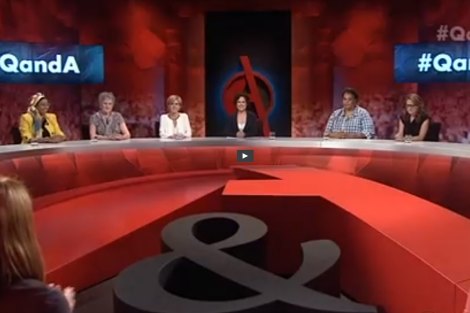
AUSTRALIA
- Moira Rayner
- 11 March 2015
23 Comments
Annabel Crabb chaired it all really well, but the next day I realised that not only our Foreign Minister, but not one panelist, got one question about their extraordinary achievements. Bishop was managing partner of a big law firm. She has unique experiences and must have views on the world’s problems and their impact on Australia. But nobody asked.
READ MORE 
-
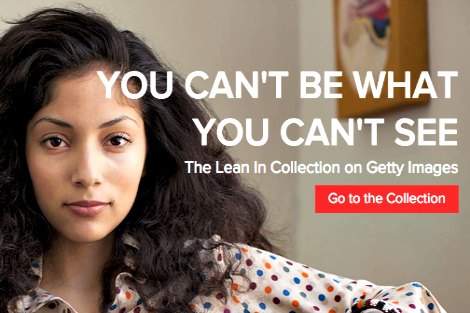
AUSTRALIA
- Catherine Marshall
- 06 March 2015
7 Comments
Studies confirm that sexualised images of slim young women used in advertising and popular culture lead to body dissatisfaction, psychological impairment and eating disorders. A new initiative from the non-profit LeanIn.org is fighting this entrenched culture through a partnership with Getty Images. It has created a photo library depicting females in many sizes, cultures and styles of appearance, but all strong and determined and in-charge.
READ MORE 
-

ARTS AND CULTURE
- Tim Kroenert
- 18 December 2014
8 Comments
It's December, and film writers everywhere are putting together their lists of the best films of 2014. But best-of lists are so subjective, so here's our take: ten films from 2014 that are guaranteed to get you thinking, and talking!
READ MORE 
-
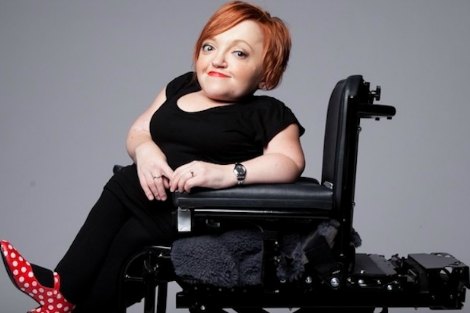
MEDIA
- Fatima Measham
- 08 December 2014
6 Comments
Death loses its abstraction when a person like Stella Young dies. It becomes material. It makes itself manifest in the silence, which it somehow solidifies: the unwritten word, the unspoken retort, the unmade joke. 'Disability doesn't make you exceptional,' she told a TED audience in Sydney last April. 'But questioning what you think you know about it does.' Stella flipped what we thought we knew about many things.
READ MORE 
-
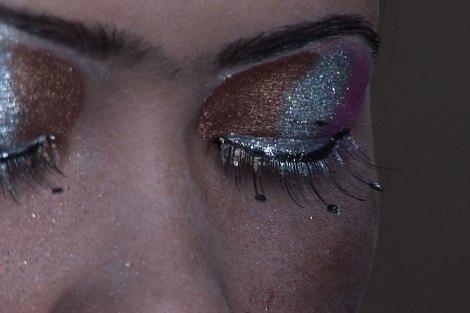
ARTS AND CULTURE
- Tim Kroenert
- 30 October 2014
1 Comment
Orphan Abdul loves Fatemeh, but her father is demanding a prohibitive dowry for her hand. The financial wrangling between Abdul's guardian Mahboba and Fatemah's father Nik, and all this implies about the ways in which young women's futures can be sold and traded as part of an archaic cultural norm, seems crass and is more than a little disturbing to witness.
READ MORE 